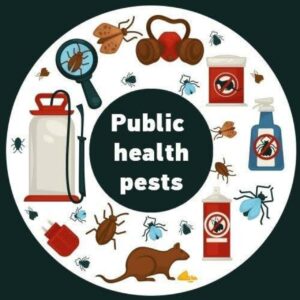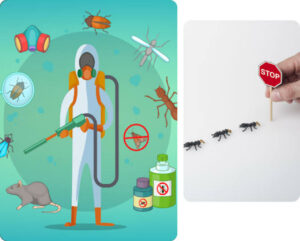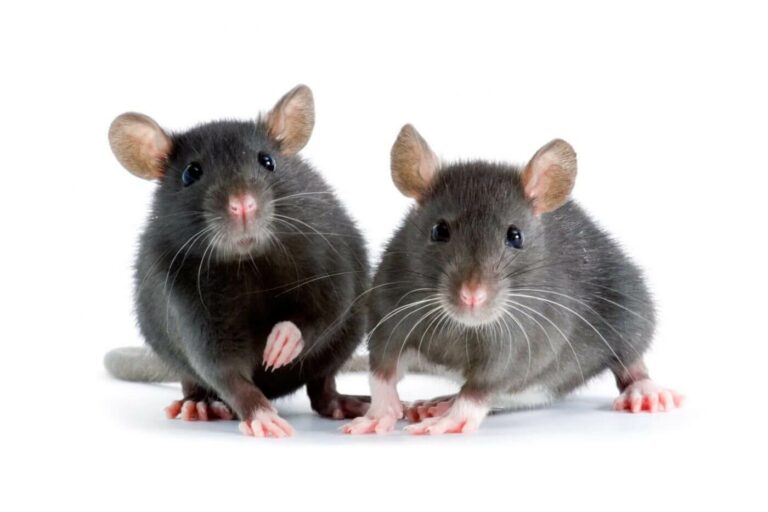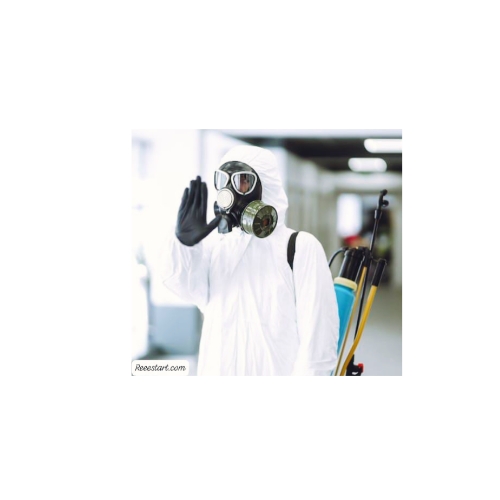As the United Arab Emirates (UAE) has rapidly developed and urbanized over the past few decades, it has inevitably faced challenges related to Public Health Pests, These pests, including rodents, insects, and other vectors, pose serious health risks and can compromise the well-being of the population, This comprehensive analysis delves into the various strategies implemented by the UAE to combat these pests and explores the effectiveness, challenges, and future prospects of these initiatives.
Overview of Public Health Pests in the UAE
The UAE’s climate, characterized by hot summers and mild winters, creates an environment conducive to the proliferation of various pests. Common public health pests in the region include:
- Rodents (Rats and Mice), Known for spreading diseases such as leptospirosis, hantavirus, and salmonellosis.
- Mosquitoes,Vectors for diseases like dengue fever, malaria, Zika virus, and West Nile virus.
- Cockroaches, Not just a nuisance but also known to spread pathogens like E. coli and Salmonella.
- Flies, Can lead to the transmission of diseases like cholera, typhoid fever, and dysentery.
- Bedbugs, Cause discomfort and can lead to secondary infections from scratching.

Governmental Strategies and Policies
The UAE government has implemented a multi-faceted approach to manage and combat public health pests, Key strategies include:
Regulatory Framework
- The UAE has established clear regulatory guidelines for pest control through entities such as the Dubai Municipality and the Abu Dhabi Public Health Centre.
- These guidelines ensure that pest control companies adhere to high standards of operation.
- Regulations also mandate routine inspections and certifications to ensure compliance with safety and efficacy standards.
Public Awareness Campaigns
- Public education initiatives play a crucial role in managing pest populations.
- The government frequently runs campaigns to educate residents about proper waste disposal, sanitation practices, and preventive measures to reduce pest harborage.
- Schools, community centers, and public spaces often host workshops and distribute informational materials.
Integrated Pest Management (IPM)
- IPM is a holistic approach that combines biological, cultural, mechanical, and chemical tools to manage pest populations.
- The UAE has strongly endorsed IPM strategies to reduce reliance on chemical pesticides, thus minimizing environmental impact.
- Biological control methods, such as the use of natural predators, are encouraged to maintain ecological balance.
Technology and Innovation in Pest Control
Smart Traps and Surveillance Systems
- Advanced technology is being employed to monitor and control pest populations. Smart traps equipped with sensors and GPS can track rodent activity, providing real-time data to pest control operators.
- Drones and thermal imaging are used for aerial surveillance, particularly effective in detecting mosquito breeding sites in hard-to-reach areas.
Mobile Applications
- Several mobile applications have been developed to facilitate public participation in pest control efforts.
- These apps allow residents to report pest sightings, which are then mapped and addressed by pest control authorities.
Challenges and Limitations
Despite significant progress, the UAE faces several challenges in controlling public health pests:
Climate Change
- Rising temperatures and increased humidity levels can accelerate the breeding cycles of pests, complicating control efforts.
- Unpredictable weather patterns may undermine existing strategies, necessitating adaptive management approaches.
Urbanization and Population Growth
- Rapid urbanization leads to increased waste production and habitat changes, providing abundant resources for pests.
- High population density in urban areas can facilitate the rapid spread of pests and associated diseases.
Pesticide Resistance
- Over-reliance on chemical pesticides has led to the development of resistance in some pest species.
- This requires constant innovation and the development of new control methods.

Public Compliance
- Ensuring public adherence to sanitation practices and preventive measures remains a persistent challenge.
- Continuous education and engagement are necessary to foster community cooperation.
Successful Initiatives
- Dubai Municipality’s Pest Control Program.
- Dubai Municipality has implemented a comprehensive pest control program that includes regular inspections, public awareness campaigns, and strict regulatory enforcement.
- The program has been successful in significantly reducing the incidence of rodent and mosquito-borne diseases in the city.
- Abu Dhabi’s Mosquito Surveillance and Control.
- Abu Dhabi has developed an extensive mosquito surveillance program that uses advanced technology for early detection and control.
- The use of larvicides and biological control agents has been effective in managing mosquito populations, contributing to a decline in mosquito-borne infections.
Future Prospects
- Enhanced Collaboration.
- Greater collaboration between government agencies, private pest control companies, and research institutions is essential for addressing emerging challenges.
- International partnerships can provide access to new technologies and best practices.
Sustainable Practices
- Emphasizing sustainability in pest control efforts is crucial.
- This includes the development and use of eco-friendly pesticides, promoting biodiversity, and enhancing urban planning to minimize pest-friendly environments.
Research and innovation
- Continuous investment in research and development is necessary to stay ahead of evolving pest threats.
- This includes studying pest behavior, developing new control methods, and assessing the impact of climate change on pest populations.
Combating public health pests in the UAE is a complex and ongoing effort that requires a multifaceted approach. The UAE has made commendable progress through stringent regulations, public awareness campaigns, integrated pest management strategies, and the use of advanced technology. However, challenges remain, and continuous adaptation and innovation are essential. By fostering collaboration, promoting sustainable practices, and investing in research, the UAE can effectively manage public health pests and safeguard the health and well-being of its residents for the future.




